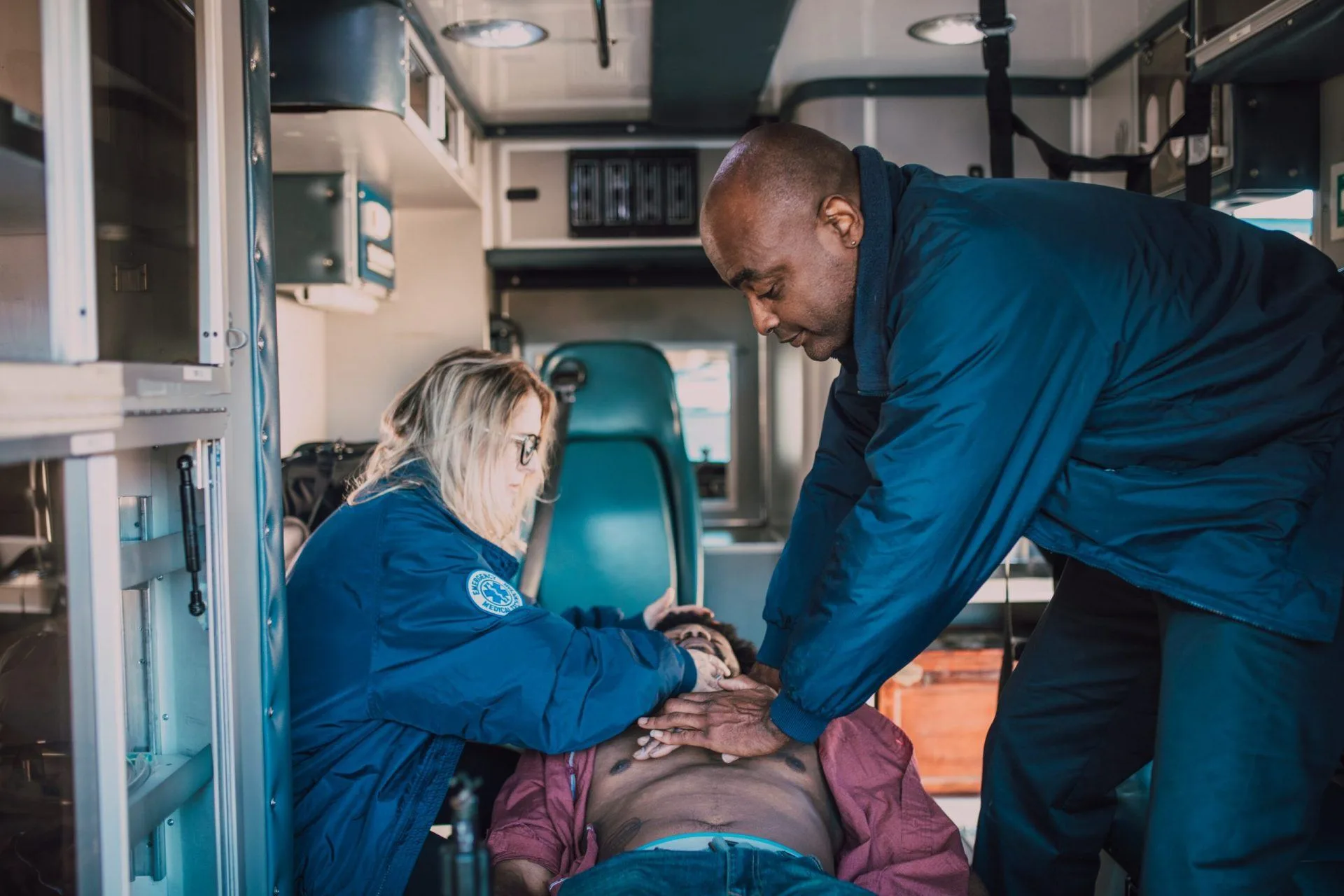CPR is an emergency procedure to save an individual’s life if their heart or breathing stops. When your heart stops beating, it can no longer pump blood to your body. Since your lungs and brain don’t receive the blood they need, a cardiac arrest will affect most of the critical bodily processes. Without immediate help, death can occur within a few minutes. Knowledge of CPR can help you save a loved one’s life. Here are a few things you may not have known about CPR:
1. You Can Administer It Without Formal Training
https://cdn.pixabay.com
You don’t need any sort of certification or formal training to administer CPR. However, you require some education. Basic BLS training like those provided by Newcastle training can be of assistance. If someone close to you has a cardiac arrest, follow these steps to offer help:
Contact Emergency Services Immediately
Studies have shown that for every minute that passes without CPR or defibrillation, the victim’s chances of survival decrease by 10%. This is why it’s important to contact emergency services as soon as possible after someone goes into cardiac arrest. Emergency Medical Service (EMS) providers are trained to deal with these situations, and they would much rather be called to a false alarm than arrive too late to save a life. If you see someone collapse, don’t hesitate to pick up the phone and call 911, as it could mean the difference between life and death.
Administer CPR
Start by pushing down the center of their chest hard and fast. Try to complete 100 to 120 pushes per minute. Allow their heart to get back to its original position after every push. According to the American Heart Association, you should try to time the pushes to the beats of the song ‘Staying Alive.’ Keep administering CPR until the medics arrive.
2. Saves Lives
CPR is not just for heart attacks, and it can be used in many situations where breathing has stopped. Unfortunately, nine of 10 people with cardiac arrest outside hospitals die. However, the deaths can be prevented with CPR, and the process can double or triple the chances of survival. Here are a few ways to tell that someone needs CPR:
- They remain unresponsive even if you try shaking or calling them
- They appear to be gasping or unable to breathe
3. Most Cardiac Arrests Happen at Home
Photo by Raven Domingo
Unfortunately, most cardiac arrests happen at home and outside the hospital environment. There are about 350,000 cardiac arrests in hospitals every year, with about seven of 10 happening at home. Half of those who experience cardiac arrests at home don’t receive help until the ambulance arrives. The sooner one receives help, the higher their chances of survival.
When most people think of CPR, they picture someone performing chest compressions in an emergency situation. However, CPR is a potentially life-saving technique that everyone should know, and there are a few things about it that may surprise you. Since most cardiac arrests happen at home, you are more likely to administer CPR to a loved one than to a stranger. If you are curious about CPR, consider learning about it as soon as possible. The more time one goes without help, the lower their chances of recovery. If you ever find yourself in a situation where someone needs CPR, don’t be afraid to step up and help. It could mean the difference between life and death.


